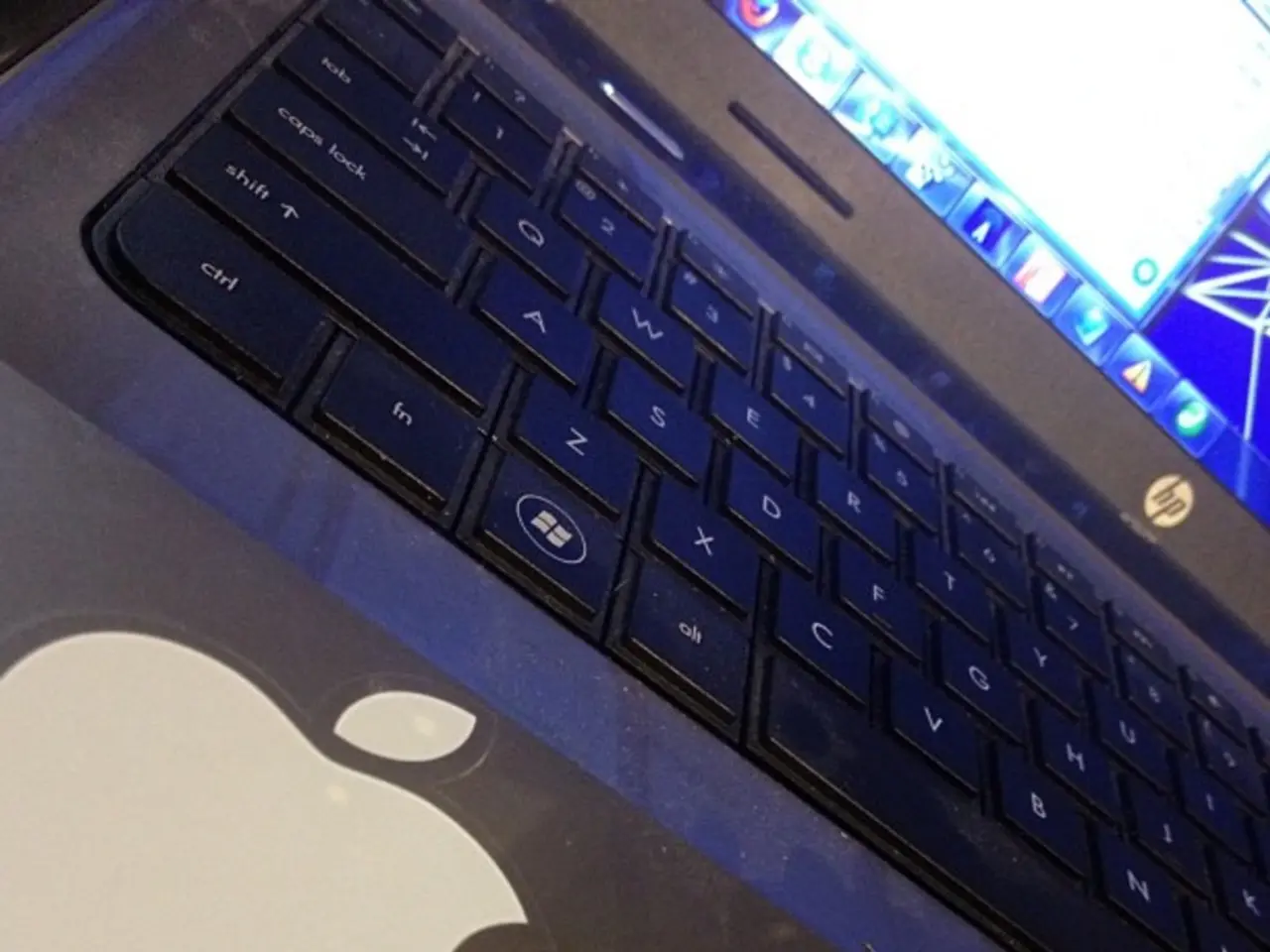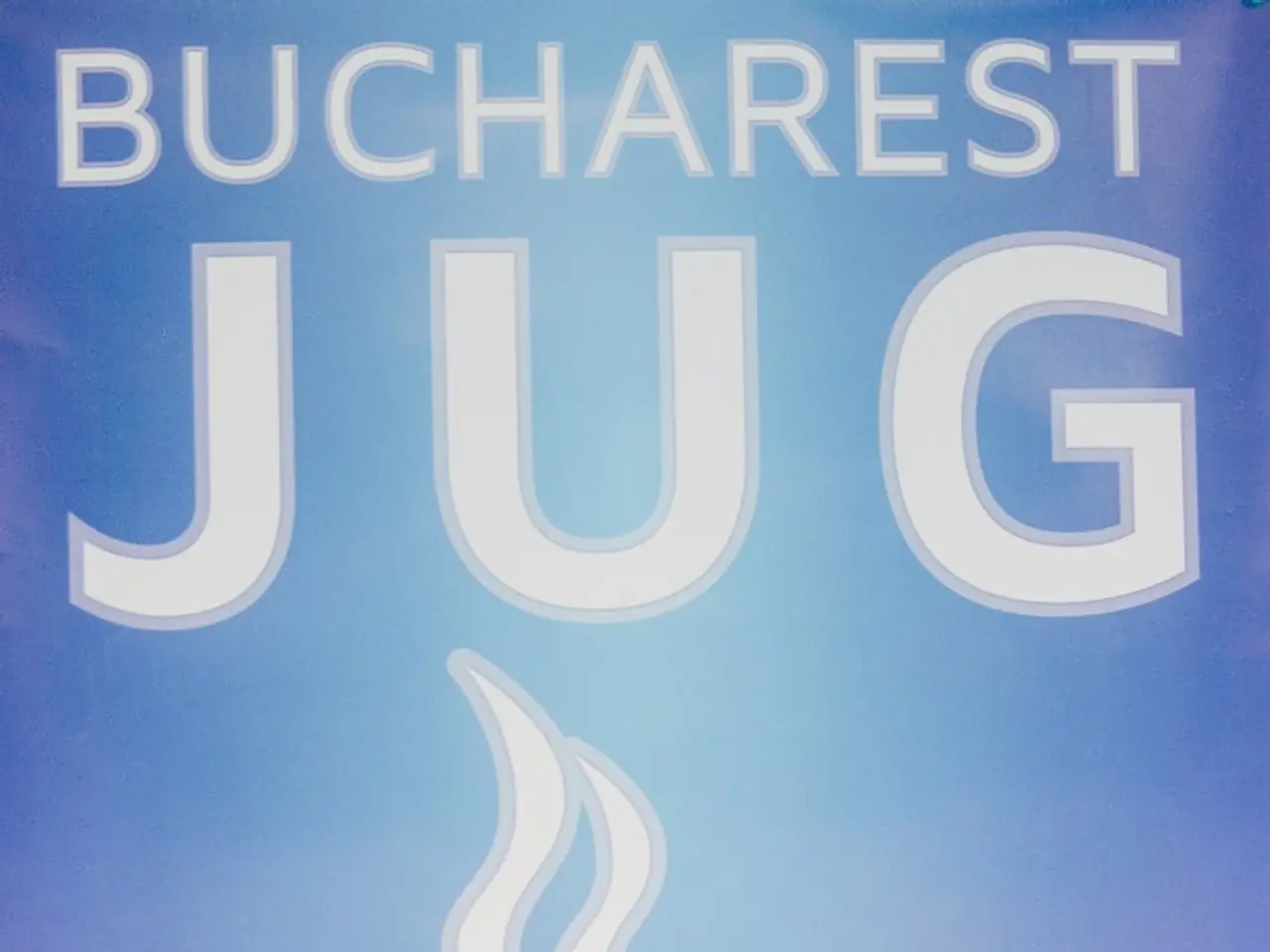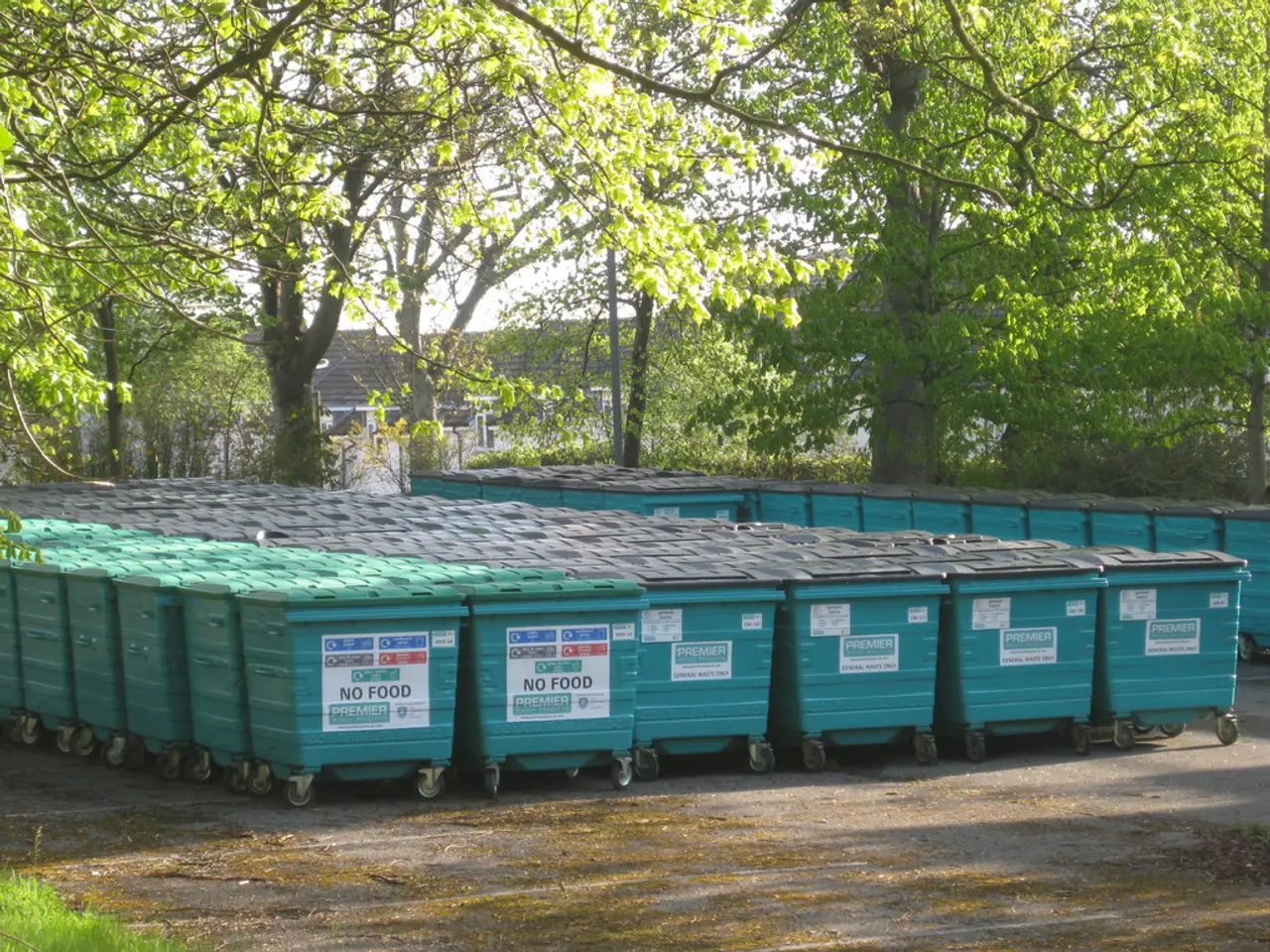Can Quantum Computing Shares Experience Growth in the Remaining Period?
In the rapidly evolving world of technology, quantum computing stocks have been making headlines with their significant gains in 2024. The second half of the year and beyond is shrouded in a mix of strong optimism and caution, as the market for quantum computing continues to advance at a rapid pace.
Three key players in this nascent but promising sector are IonQ, Rigetti Computing, and D-Wave Quantum. Each company brings its unique strengths and challenges to the table, reflecting the exciting and volatile nature of the quantum computing market.
IonQ, the strongest performer among the three, has seen its shares surge over 470% in the past 12 months. This meteoric rise can be attributed to IonQ's advanced quantum hardware technology and strategic partnerships with major cloud providers like AWS and Google Cloud. IonQ boasts industry-leading qubit fidelity and has already commercialized some hardware systems. Analysts see IonQ as potentially the dominant winner in the quantum computing arms race, though with considerable risk if it fails. Its high valuation (over 230 times trailing sales) indicates strong investor belief in near-term quantum breakthroughs, often linked to the accelerating impact of AI advancements.
D-Wave Quantum, another significant player, has rebounded strongly in 2024 after earlier volatility. The company's stock is heading for an increase of more than 80% due to the launch of a powerful new quantum processor and renewed sector interest. Despite a market cap around $5.3 billion and trading at a very high price-to-sales ratio (~140x projected 2025 sales), D-Wave benefits from its early-mover advantage and focus on quantum annealing for optimization problems. The company combines hardware, chip design, and cloud services (Leap platform), but remains unprofitable and with a speculative valuation. Analysts see the upside driven more by potential future markets than near-term profits.
Rigetti Computing, however, faces significant headwinds. Despite being a full-stack quantum player like IonQ, Rigetti struggles with revenue declines, margin pressures, and weaker investor confidence. Its stock ranks lower with sell recommendations and is considered less favorable for near-term investment compared to IonQ and D-Wave. However, it may retain long-term potential if it can overcome operational challenges and enhance its technology and market position.
Investors are increasingly bullish on quantum computing stocks due to the expected synergy with artificial intelligence. Many expect meaningful quantum advances much sooner than previously thought, within just a few years, and quantum computing is seen as a potential game-changer across industries. However, these stocks trade with extremely high multiples and carry substantial risk given the technology and market are still in early developmental stages. Conservative investors may prefer larger tech companies like Alphabet and Amazon, which invest internally in quantum tech but have stable core businesses.
As the economic situation in the second half of the year could determine the near-term direction of quantum computing stocks, it is essential for investors to approach these investments with a discerning eye, understanding the potential rewards and risks associated with this cutting-edge technology.
- With the surge in IonQ's shares by over 470% in the past 12 months, the focus of financial investing in the quantum computing sector has shifted towards advanced quantum hardware technology, such as IonQ's industry-leading qubit fidelity.
- D-Wave Quantum, another influential player in the quantum computing market, is expected to experience an increase of more than 80% in its stock due to the launch of a powerful new quantum processor and renewed sector interest.
- As investors delve into the stock-market opportunities offered by quantum computing, they must exercise caution, given the extremely high multiples at which these stocks trade and the still early developmental stages of the technology and market.




